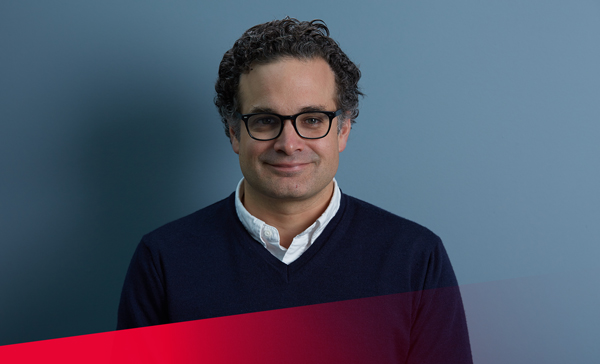In this interview, Moritz Graf von Merveldt, Chief Compliance Officer of ProSiebenSat.1 Group, describes the importance of compliance and anti-discrimination at ProSiebenSat.1 and how the Company is responding to the current challenges presented by the #metoo debate. [GRI 102-16, GRI 406-1]

What does ProSiebenSat.1 mean by compliance and where are the relevant guidelines stipulated?
In essence, it means defining clear rules, responsibilities and processes in the Group in order to avoid violations of the law. The central compliance guidelines are stated in our Code of Conduct, which we last significantly revised in 2016. All new employees receive this Code as an appendix to their employment contracts. It can also be viewed on the intranet and is publicly available on ProSiebenSat.1 Media SE’s website.
How does ProSiebenSat.1 ensure that all employees are familiar with the issue?
We introduce the topic of compliance to new employees as soon as they start work at our “Onboarding Day.” In addition, new employees complete mandatory online training that explains the key rules – from the prevention of corruption to anti-discrimination. We also provide classroom training, for example for our managers, who attend an all-day compliance seminar. Moreover, we regularly communicate on various compliance issues.
What measures has ProSiebenSat.1 introduced with regard to anti-discrimination?
ProSiebenSat.1 does not tolerate discrimination on the basis of gender, race or ethnic background, age, religion or ideology, sexual orientation, or disability. We live out a corporate culture that particularly prohibits any kind of sexual violence or abuse of power, and took up a clear position against such behavior in our compliance guidelines even before #metoo. We are not aware of any incidents in 2017. Nonetheless, we have taken the current debate as an occasion to scrutinize our structures and processes again.
Who can employees turn to if they discover or are directly affected by compliance violations?
In the event of concrete or suspected violations, employees can initially turn to their direct manager. If this is not possible, the Unit Compliance Officer responsible for their unit or the Group Compliance team are the right contact partners. It is important that nobody should have to justify themselves for a tip-off given in good faith. Even if the suspicion later turns out to be unfounded.
What is the compliance strategy for the future?
Compliance is a living system that has to be constantly reviewed and adjusted. The Executive Board has resolved to give employees the opportunity to report legal violations anonymously via an ombudsperson in future. Coordination with the responsible works council committees regarding the organization of this reporting system is still ongoing, but is expected to be completed by the end of 2018. Moreover, we will modify the contracts with our production partners in order to give the topics of compliance and anti-discrimination an even stronger formal basis. Together with the Association of Private Media (VAUNET), we are also involved in the establishment of a cross-sector body for complaints about sexual violence. And in general we will of course be keeping awareness of both issues high both inside and outside the Company.